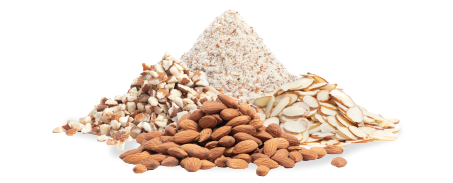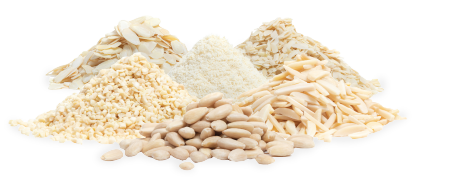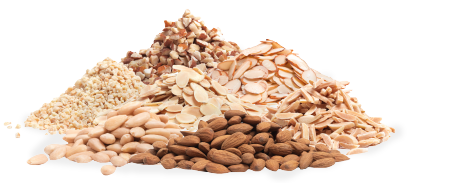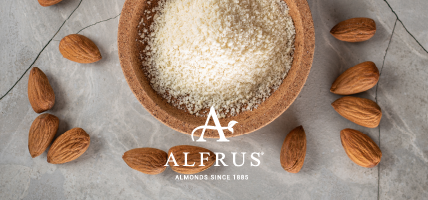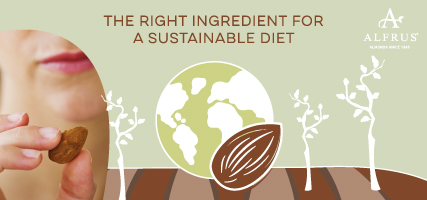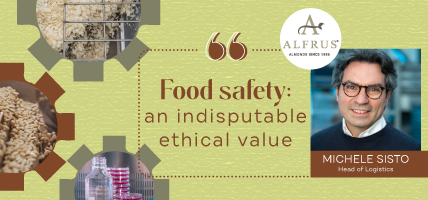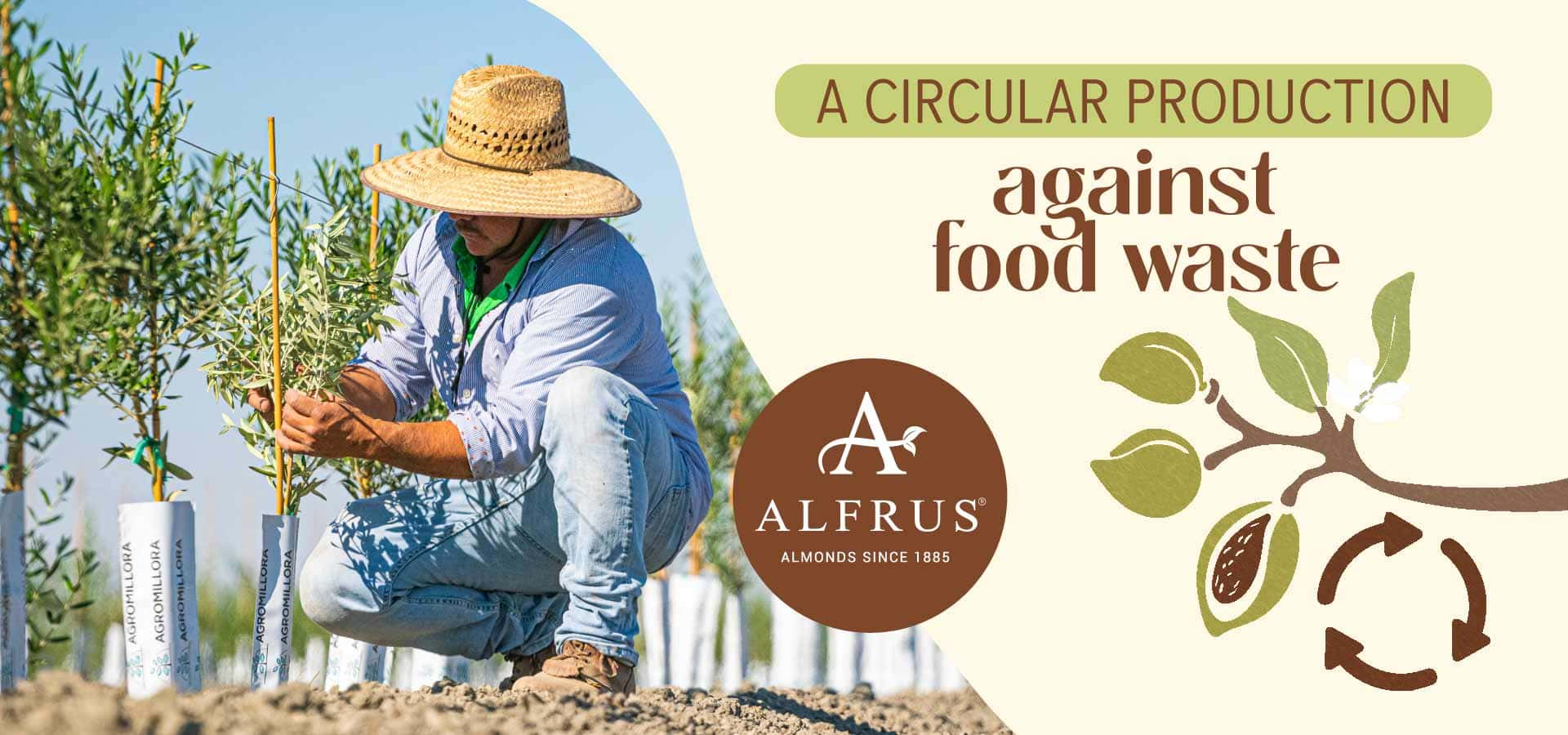
What do almonds teach us about food waste?
Food waste is one of the most important environmental and economic challenges facing society today.
According to FAO (The Food and Agriculture Organization of the United Nations) the world wastes a third of the food it produces every year.
In this disturbing context, almond growers have been among the first to provide concrete examples of initiatives to counteract this major problem, learning how to proactively use waste and scrap coming from cultivation and processing stages, thus increasing their sustainable impact.
The most innovative approaches, like the one promoted by Alfrus, are contributing to provide the entire food industry with insights on how to prevent food waste, opening new paths to sustainability.
According to FAO’s Food Loss Index on the planet (data from 2016), from the production to the retail stages, about 13.8% of the food produced is lost. On the other hand, the Food Waste Index Report (dating back to 2021) by UNEP (United Nations Environment Program) shows how waste occurring at the domestic, food service and retail levels is around 17% of global food production.
At a historical moment when about a billion people starve to death or suffer from inappropriate nutrition every year, these estimates are unacceptable and we are still far form reaching the UN’s 2030 Agenda goal of halving food waste per person.
A critical situation that becomes even more dramatic if we think that the problem is not just about the food ending in landfills, but also about wasting a third of the water and energy used to process and transport it. It is not just the food that we lose, but also the resources (natural and not) necessary for its production. And there is more.
The most alarming aspect is that the same food scrap produces methane: a strong climate pollutant. Besides that, according to FAO, food is the third source of greenhouse gas emissions.
THE CIRCULAR PRODUCTION OF ALMONDS
Through constant investments, the almond industry is the one facing this challenge in the most appropriate way, providing examples of increasingly innovative and effective agricultural recycling, in order to use each almonds’ by-product, from hulls to shells and integuments.
ALFRUS’ AND POMONA FARMING’S ZERO WASTE PHILOSOPHY
Waste is not an option for us.
As the urgency for a more circular world economy increases, together with our partner Pomona Farming, we implemented a single approach along the entire production chain, to make the most out of every resource.
The Californian almonds growers we rely on implement recycling practices throughout the whole almond orchard. And we keep doing the same, giving a second life to the processing residues of those almonds.
From the hull, the protective covering surrounding and protecting the almond on the tree, up to the shell, these are by-products with great potential. Almond hull is an excellent source of soluble sugars and contain high levels of cellulose, making it a perfect food staple for U.S dairy cows and a growing food source for other animals.
One of the most remarkable examples of agricultural recycling is what happens to almond trees at the end of their productive lives with the process carried out by our growers: whole orchards are returned to nature by grinding up the trees and plowing them back into the soil. This act reduces both the carbon footprint and the need for synthetic fertilizers.
Once inside our factories, our almonds’ journey in the name of fighting food waste continues.
The residues from the peeling process of our almonds become, for example, a valuable resource for the production of clean energy. The 5000 Kg of integuments we obtain every day from this stage are entrusted to a biogas plant. Biogas is a totally natural gas, resulting from the anaerobic fermentation of organic substances and today it is one of the most used alternative sources for the production of renewable energy.
The moisture contained in our processing scrap can be useful in the process behind biogas production. In this way we contribute to the reduction of CO2 emissions, through the production of clean and flexible energy, able to guarantee energy autonomy and enhance our wastes.
But we do not stop there. Our by-products also hold great cosmetic pontential, therefore, they are entrusted to external companies that deal with the extraction of essential oils. Due to their chemical richness, these natural oils are functional ingredients for the production of cosmetic and nutraceutical products, especially because they manage to keep the skin perfectly hydrated.
Fighting food waste in order to give Earth a future is one of our missions, here at Alfrus. How? Minimizing negative impacts and maximizing available resources.
We will keep investing in research and information to power the driving force of sustainable innovation, offering you only the best: a high-quality goodness that can be good for the planet as well.
18 February 2023
